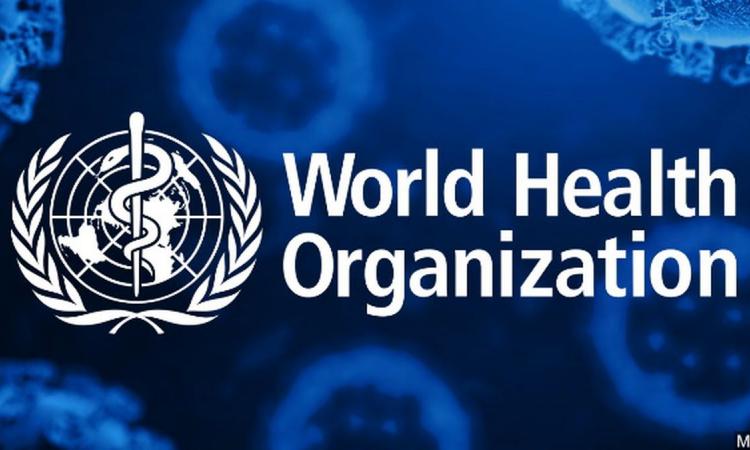Results of Phase 2/3 Clinical Trial:
Confirming Immunologic quiescence in Operational tolerance after intestine transplantation with immune cell function tests
Kroemer et al at Georgetown-Medstar Transplant Institute in Washington, DC, recently reported the first ever intestine transplant recipient to show operational tolerance or a stable rejection-free status without immunosuppression. Phenotypic analysis of peripheral blood lymphocytes revealed an increase in circulating T-regulatory cells. This patient also demonstrated immunological quiescence toward donor alloantigens. Immunological reactivity toward other antigens was preserved. These functional tests were performed at Plexision.





